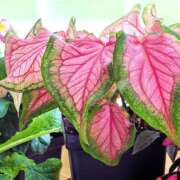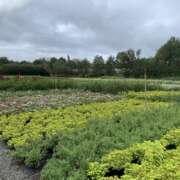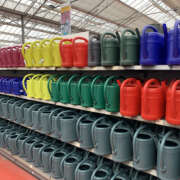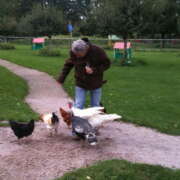Second plant #secondhand #garden #guideconsojardin
#secondhand #garden #guideconsojardin #indoorplants #cutflowers #fleurist #transport #sustainabledevelopment
Consume local! This is the dream of all individuals … And why such a dream? To be in step with sustainable development and respect for the environment. If we eliminate transport, then we no longer pollute?
One day Yara …
While waiting for the decrease or the graceful sharing of goods to feed and support the planet, we are going to spend a few more years in our consumer society with its qualities and… its faults.
A strong idea indicates that transport is the main source of pollution in this world, which is why we strive to limit our movements. For the products, the local consomme is the best. A home-knitted sweater is cheaper than a sweater knitted halfway around the world. For now, that makes sense.
Ah yes but here it is, things are changing. The first 100% electric cargo ship has started to sail in Norway. This new generation transporter will be able to load 120 containers.
The Yara Birkeland, that’s its name, is 80 meters long and can travel with 3,200 tonnes. While this is only the start, the shipping industry hopes to reduce its CO2 emissions by 40% by 2030.
And in addition, the beast is autonomous, soon no need for sailors to make the trip!
Travel Travel !
But by the way, a question pecks our mind: how heavy is transport in all these products from the end of the world? Science magazine provides us with some answers.
For beef, lamb and mutton, the average impact of transport on the carbon footprint of these meats is 3%.
For potatoes, maize, rice, wheat and cassava, the impact is 10%.
7% for oils, it is a little more for sugar and fruits which are at 20%.
We can of course tell ourselves that this is still too much. And that’s too much. But the carbon footprint is also calculated with the use of land, inputs, water … Packaging and losses in store and throughout the supply chain are also part of the accumulation.
So there is a real impact of transport, but it only weighs about ten percent. Producing and consuming locally is a start, a small contribution, but it is far from the only one. If you have to heat greenhouses to taste local fruits, perhaps it is better to use adapted transport, especially if it starts to reduce its green bill?
Green or green?
We, too, in the garden, are victims of preconceived ideas. Houseplants and cut flowers bear witness to this.
The roses that we are going to give away for Christmas or Valentine’s Day come largely from Kenya, Costa Rica, Colombia or Ecuador. Air travel accounts for a lot in their carbon footprint, but European productions and in particular in the Netherlands consume heating and energy to grow and preserve our precious bouquets.
For indoor plants, around 10% come from France. The others are cultivated en masse in the countries of northern Europe, where the heat is stifling even in winter … But no, that’s not true !!! Stay focused! It is not hot in the heart of Denmark or the Netherlands. The energy used to grow our Phalaenopsis and other Ficus is therefore colossal.
So what do we do? Stop giving roses or plants to your grandmother?
Home culture
There are mentalities to change. If you have to stop offering roses in winter, just like tasting strawberries during this same period, it all comes through education and information. Many of our distributors talk about compost, planting, respect for nature … Are they ready to display the kilometers traveled by our green plants and our flowers to reach the living room table? Second hands are popping up everywhere, this is the case at Leroy Merlin, La Redoute, Auchan, Ikea … But also with major brands, particularly in clothing. It’s not easy to have houseplants in second hand! However, initiatives are underway. Le Bon Coin does not hesitate to offer « used » plants … While others offer cutting workshops in order to bypass the dependence of producers. The second hand is a fact, it is developing in all areas. And us in the garden, should we close our eyes or anticipate the movement?
Roland Motte… Gardener!












Laisser un commentaire
Rejoindre la discussion?N’hésitez pas à contribuer !